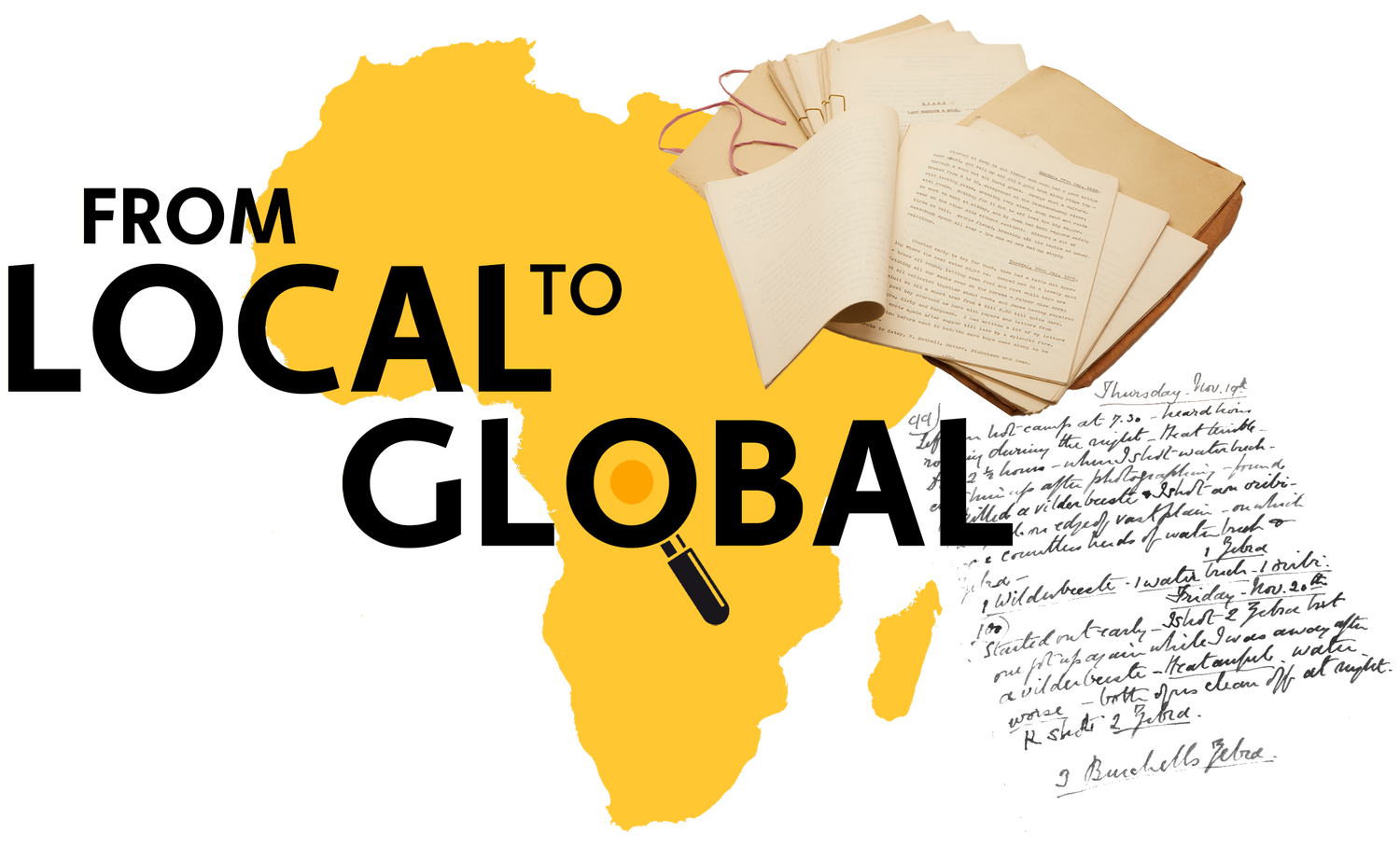
Post Colonial Experiences of the Democratic Republic of Congo
By Dr Idahosa Osagie Ojo
It is easy to identify two chief causal factors behind the catalogue of problems that have besieged the Democratic Republic of Congo since political independence.
Flag of the Democratic Republic of Congo
The first is the scourge of colonial destructions and exploitations of land and peoples, while the second is the leadership crisis. However, both the post-colonial leaders in Africa and the imposed political system are neither in consonance with the African leadership style, nor in agreement with any of the methods of governance in the continent before contact with the Europeans. Thus, the African leadership crisis and its manifestations are a consequence of the destruction of the African ideological, political and moral system by colonialism. Colonialism, therefore, stands out as the major villain, putting modern Africa in peril.
Democratic Republic of Congo locaor map
Conceptually, colonialism is the violent political, economic and social control of peoples. Several aspects of this subjugation remain after formal declarations of political independence. This is the situation in the Democratic Republic of Congo, which continues to suffer the pains of colonial domination despite achieving political freedom in 1960. An example of these long lasting legacies of colonial rule is the psychological effect that continues to place the colonised in subservient position vis-à-vis the colonialists [1]. This is true for both the oppressor and the oppressed, who continue to see and feel the servant-master relationship, and sometimes interpret it as if they were still living under a colonial domination. These psychological legacies of colonial rule have negatively affected both ideology, and the notion of self-worth, leading to an inferiority complex of the once colonized when juxtaposed with the assuredness of the colonizer. Escalating the problem in the Democratic Republic of Congo is the interference of Belgium on the political and economic system, even after independence. This incessant interference in the affairs of the former colonies by the colonial powers is not peculiar to the Democratic Republic of Congo. There is no place in Africa where the former colonial power either alone, or in conjunction with sister colonial powers, does not have their hands profoundly in a stack of ugly events. Similarly there is not one African country whose economy has not been buoyed up at the will of her past colonialist. The colonial powers have “initiated and crushed successions, initiated and decided outcome of wars that suited their interest, compounded simple disputes and in general have been unduly and cruelly meddlesome.” They have exacerbated corruption by their complicities and patronage, and have use religion to drive wedges or permanent disunity within virtually every former colony in Africa, including the Democratic Republic of Congo.
Colonial economic policies in the Congo did not only thwart indigenous development and budding industrial progress. Whilst introducing an agrarian economy to supply industries in Europe, it also introduced the latter’s industrial products, thereby making the economy poor and reliant on European manufacturing firms. The colonial economy was majorly based on the extraction of minerals, such as copper and diamonds, and controlled by the Belgian Union Minière du Haut-Katanga (Mineral Union of Upper Katanga), even after colonial rule. The Congolese people, like the rest of Africa to this day, became helplessly dependent on Europeans for sustenance and, by relying on foreign-made goods, have become the poorest.
Marie-Antoinette and President Mobutu Sese Seko in Kinshasa on April 20, 1977
Another devastating legacy of colonial rule and the Western-based Christian religion it promoted, is the destruction of the indigenous moral/ethical foundations that the introduction of Christianity helped to erode. Despite demeaning African systems of worship, the imported religion did not successfully establish itself as an acceptable foundation for morality. Thus, most people abandoned African belief systems and practices, without fully committing to Christian forms of morality. This has created a moral vacuum that is affecting governance significantly, leading to high rates of corruption in public office – the leaders that should have been “encouraging us and leading by examples of principled frugality or husbanding the continent's resources optimally to achieve the common good, or exhorting us to a more equitable distribution of our meagre resources are engrossed in looting the national treasuries”[2]. Mobutu Sese Seko so much enriched himself with the resources of the Congolese people that he easily stands out as one of the most thieving of all the African leaders of the post-colonial era. He is alleged to have forcefully taken power with the help of Western powers from the hands of Patrice Lumumba in 1965 in a coup d'état. Mobutu seized the income for himself from new state enterprises that were created from colonial ones, just as the colonialists before them.
Sociologists concur that if the leaders are bad, the followers are often worse. The degree of societal decadence in the colonial and post-colonial eras would be impossible in an African system where everyone speaks and acts under the consciousness of the watching eyes of their ancestors and deities, who serve as emissaries for almighty God, the creator.
About the author
Dr. Idahosa Osagie Ojo is a diplomatic historian in the Department of International Studies and Diplomacy, Benson Idahosa University, Benin City, Nigeria. He is currently a research fellow at the Department of History, the University of Hamburg. His scholarship focuses on diplomatic, military and colonial history of Africa.
References
[1] Gulzar Ahmad and Muhamad Safeer Awan, “Colonialism and its Socio-politico and Economic Impact: A Case study of the Colonized Congo” The Dialogue Vol. XII Number 3, 2017, 313.
[2] Theophilus Okere, “Crisis of Governance in Africa: the Root of the Problem” in J. Obi Oguejiofor (eds.), Philosophy, Democracy and Responsible Governance in Africa (Enugu: Delta Publications, 2004), pp. 3 -11, p. 9.
